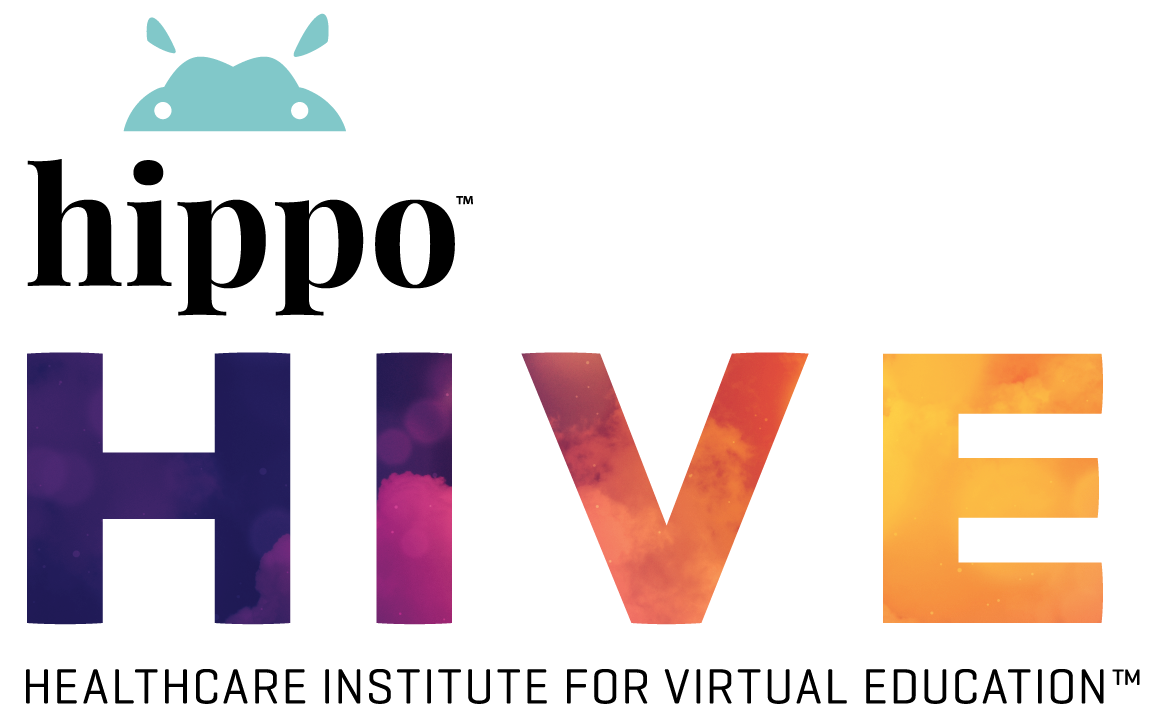I recently listened to one of the earlier podcasts by Dave Asprey (the Bulletproof Executive) on heart health where he interviewed Dr. Joel Kahn, a cardiologist and author of the best-selling book, The Whole Heart Solution. Dr. Kahn is a well-recognized clinician in the field of invasive, interventional and preventative cardiology and was awarded the title of “America’s Holistic Heart Doc” by Reader’s Digest. He is a Clinical Professor of Medicine at Wayne State University School of Medicine in Detroit, MI and the Director of Cardiac Wellness.
It was interesting to hear that Dr. Kahn is a low-fat vegan (which is something Dave Asprey is not a fan of for various reasons) and in this interview, he mentioned that when dealing with patients with cardiac artery disease (CAD), a mostly vegetable and low fat diet (oil free, not fat free) has been proven to help. Note that he didn’t advocate this necessarily for prevention but for treating severe CAD patients.
Here are some key highlights:
- A healthy mitochondria is the key to a healthy heart. Mitochondria is where ATP is produced and is the powerhouse for cells (ATP or Adenosine Triphosphate is a complex organic chemical that provides energy to drive many processes in living cells). When you have heart disease, your body is producing less ATP and conversely, when you produce less ATP, you are prone to heart disease, fibromyalgia, chronic fatigue syndrome, etc.
- Your mitochondria is very prone to toxicity – published data has shown that mycotoxins and air pollution can actually trigger heart attacks. In a study conducted around the Beijing Olympics, the incidence of heart attacks went down when all the factories were turned off for the Olympics but then went back up when the factories starting running again. It’s critical to live in a clean air environment. Dr. Kahn advocates a HEPA filter, if necessary, for the home.
- Heavy metals like mercury amalgams (in your teeth) can also be mitochondrial toxins.
- Our body makes less CoQ10 (a powerful antioxidant) as we age so we need to bring our levels up after age 40 with supplements. He also recommends PQQ supplement as a booster (Pyrroloquinoline quinone or PQQ is a recently discovered vitamin-like compound that is commonly found in plant foods and can stimulate mitochondrial function).
- CoQ10 combats oxidative stress and is needed to make ATP – also, drugs like statins deplete CoQ10 so it’s important to take CoQ10 when on statin therapy. A peer-reviewed study conducted in Australia showed the benefit of CoQ10 before and after open-heart surgery: those that took CoQ10 had fewer complications and got discharged earlier.
- Dr. Kahn is very selective about the use of statins and for non-high-risk patients, prefers to manage patients with lifestyle, diet and detoxification methods.
- Dr. Kahn also believes that cholesterol shouldn’t be lower than 150 nor does he want to see levels in the high 200+. If patients he sees do not have heart disease, he uses vitamin supplementation to keep mitochondria healthy (Selenium, Glutathione, Vitamin D, CoQ10, Vitamin E, Trans-resveratrol to name a few).
- Here’s a nice flight tip: Dr. Kahn noted that airline pilots have increased risk of melanoma due to the ionizing radiation in the sky and recommends taking chlorella and glutathione before a flight for protection.
- He also advocates N-Acetyl Cysteine during flu season.
- Dr. Kahn has seen transformative results with heart patients on CoQ10, Magnesium, L-Carnitine and D-Ribose supplementation but this is not supported by clinical trials/ research. There are other cardiologists that are using nutraceuticals to support their patients’ heart health.
- A randomized study of sick heart patients that took the probiotic Saccharomyces Boulardii showed that heart ejection fractions went up with improved symptoms and ability to walk longer distances. Dr. Kahn believes that strengthening the defenses of the gut as a heart-related therapy is important. Having a sick gut from a poor diet that includes gluten, alcohol, sugar, etc. releases endotoxins and this has shown to affect cardiac function.
- Dr. Kahn recommends taking charcoal to bind endotoxins and resistant starch prebiotics to mediate heart attack risk.
- Dr. Kahn also recommends eating fermented foods but they must come from the refrigerator section; otherwise, they have been pasteurized so it’s not ‘living’.
- Dr. Kahn recommends as a preventative measure the Carotid Intima-media thickness (CIMT) test with ultrasound to check the thickness of the inner layers of your carotid artery. 60% of Americans are at risk of heart attack but are asymptomatic so it’s a good idea to get the tests done. He prefers this over CAT scan as it minimizes radiation.
- An interesting study has shown that repeated ultra exercise may actually accelerate heart calcification (I’m glad I don’t like ultra exercise!)
- Here is another interesting study since I am a fan of Pellegrino. People that drank a lot of San Pellegrino mineral water took Vitamin D and Vitamin K2 to counteract the large amount of calcium present in the water – and it worked. So, I can continue to drink on!
- A quote from another well-known researcher, Dr. Thomas Seyfried: “ A man is as old as his arteries.”
- In summary, here are Dr. Kahn’s three recommendations to perform well:
- Forks – food is power and can reverse plaque and heart disease
- Feet – MOVE and avoid SITosis
- Fingers – don’t smoke
His book Whole Heart Solution can be found on Amazon:
Visit his website:
You can find the podcast here:

